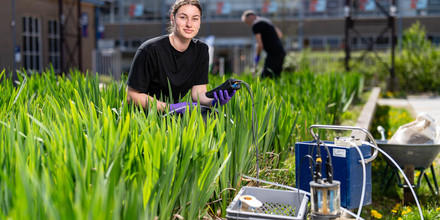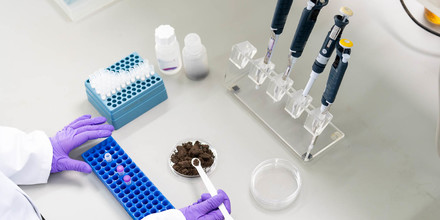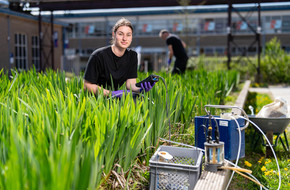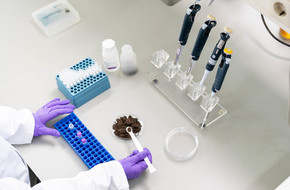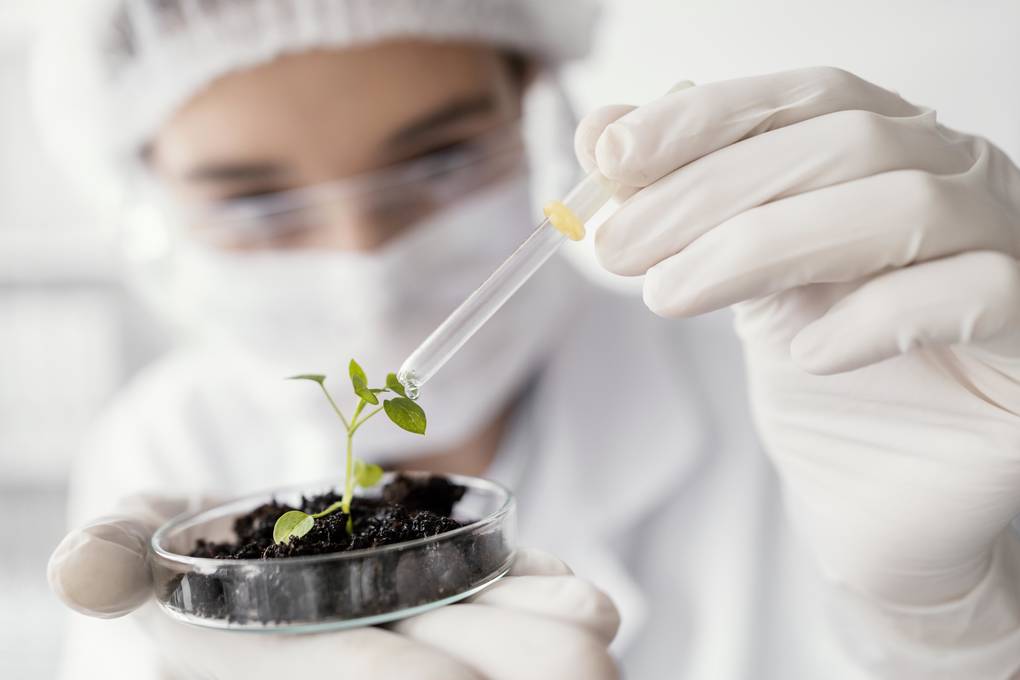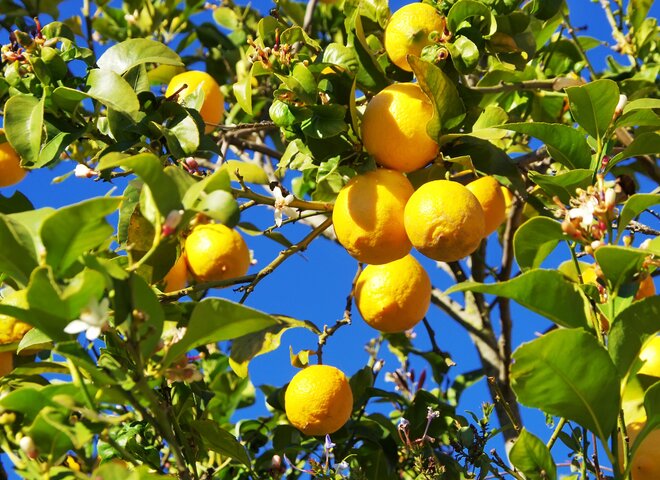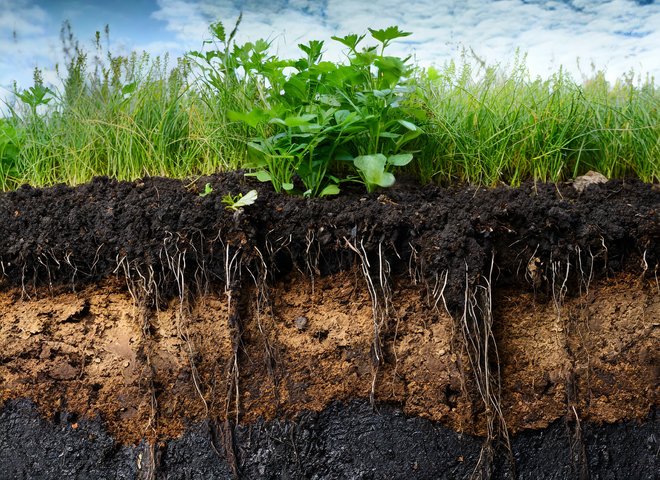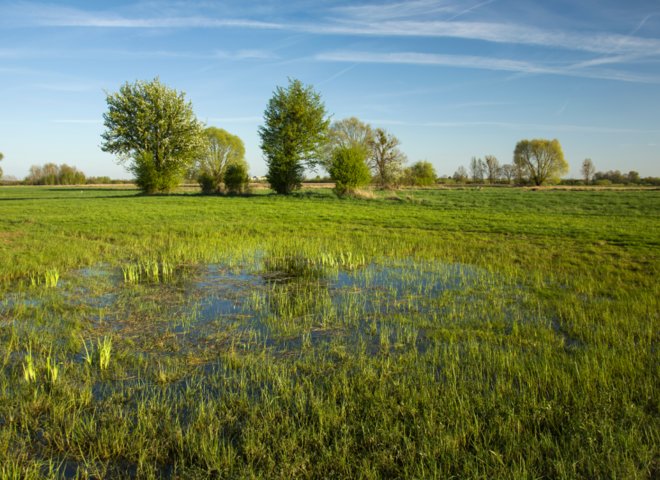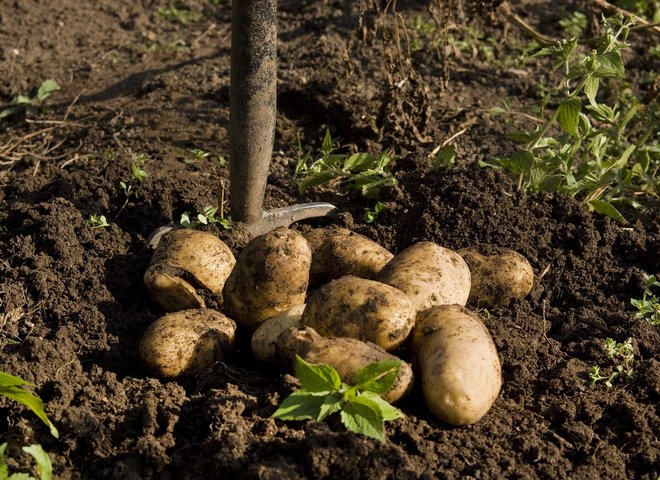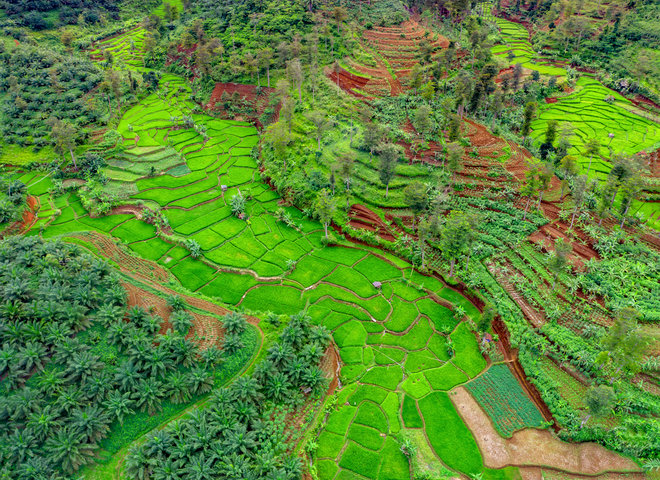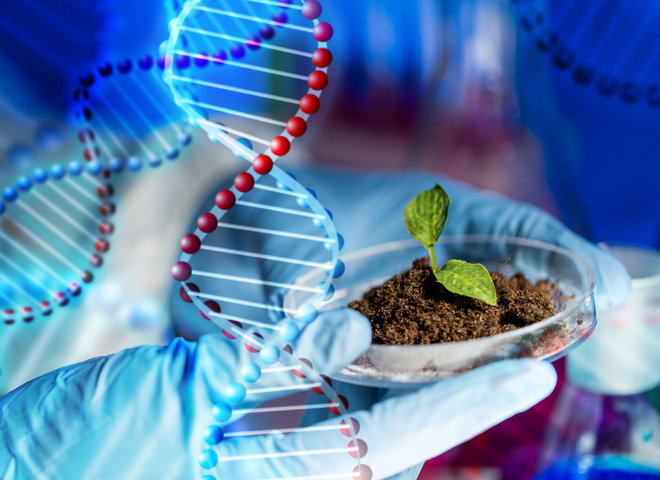How does Bioclear earth contribute?
At Bioclear earth, our role in TOLERATE is to ensure that these beneficial bacteria can successfully establish themselves in the soil and support plant growth without disrupting the existing microbial balance. We focus on tracking their survival and impact using molecular biology techniques such as DNA detection to analyse whether these bacteria can thrive in the soil after being introduced—a process known as bioaugmentation. We also assess microbial interactions by studying how these newly introduced bacteria interact with the native microbial community. Are they beneficial? Do they compete with existing microbes? Our goal is to understand the long-term effects of introducing these bacteria to the soil microbiome. Another key focus is ensuring sustainable application, as the success of this method could lead to the development of sustainable agricultural solutions. These solutions would help farmers to grow crops in challenging conditions without using excessive amounts of fertiliser.


